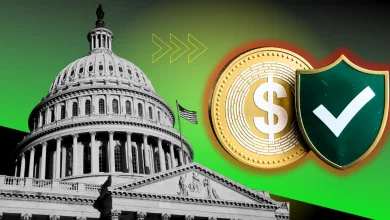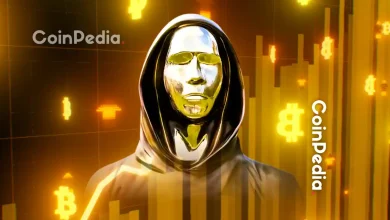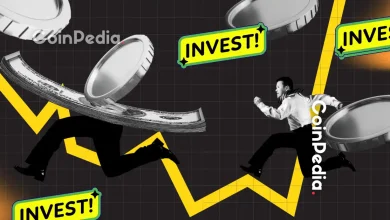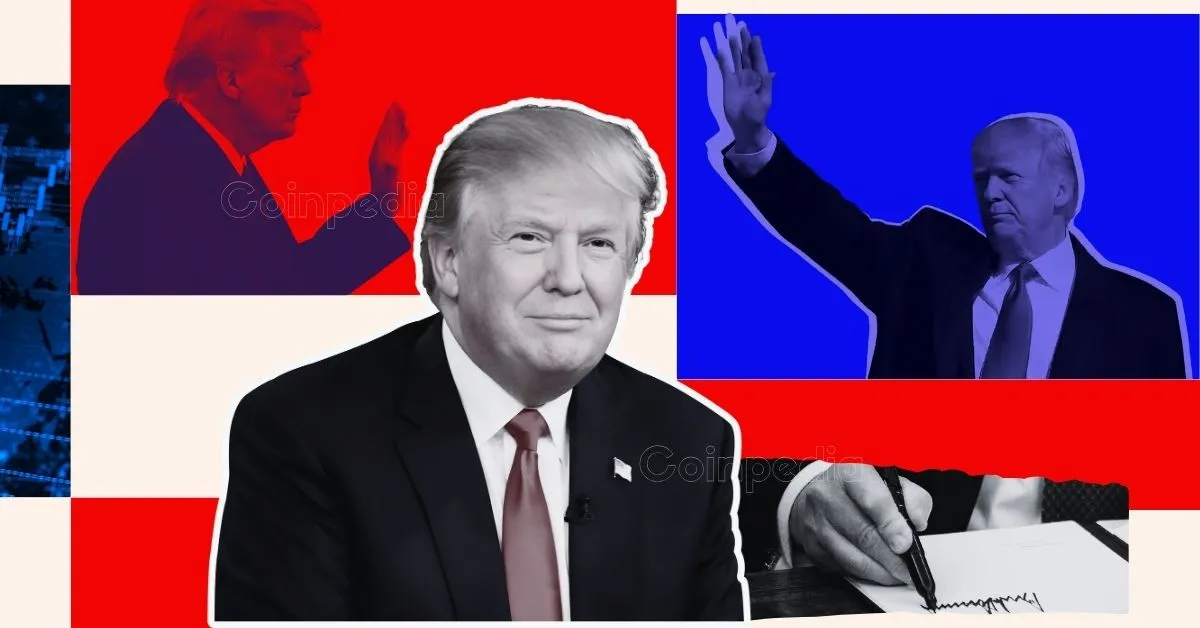
ECB board member Piero Cipollone urges the need for a digital euro to counter Trump’s push for global dollar-backed stablecoins.
Trump’s executive order promotes dollar-backed stablecoins while blocking the Federal Reserve from issuing a CBDC.
The ECB is exploring a digital euro to compete with Trump’s vision, highlighting the growing divide between the U.S. and Europe.
In a recent statement, European Central Bank (ECB) board member Piero Cipollone argued that eurozone banks need a digital euro to compete with U.S. President Donald Trump

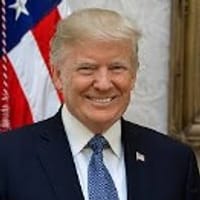 Donald Trump
Donald J. Trump is a US-based business tycoon, pro-crypto politician, and 47th (present) President of the United States. He comprehends the significance and needs of the modern fintech world, and people look up to him as a dominant pro-crypto politician.
Once doubtful about Bitcoin's dominance, he said in a tweet in 2019, “I am not a fan of Bitcoin", but now has a significant amount of cryptocurrency holdings in his pool. He has also signed an Executive Order to establish a Strategic Bitcoin Reserve, which highlights his commitment to the future of cryptocurrency.
Quick Facts
Full name Donald John Trump Birth 14-06-1946, New York, United States Nationality American Education BS from the University of Pennsylvania Famous For Business, Politics
Donald Trump - Career Highlights & Events
2016 – Elected as the 45th President of the United States from the Republican Party. 2017 – Signed the Tax Cuts and Jobs Act, impacting investment environments 2019 – Slammed crypto king Bitcoin on X, calls it "not money". 2025 – A gala party was hosted by him for the top 220 Trump meme coin holders. President ’s promotion of stablecoins, which are usually tied to the U.S. dollar.
Donald Trump
Donald J. Trump is a US-based business tycoon, pro-crypto politician, and 47th (present) President of the United States. He comprehends the significance and needs of the modern fintech world, and people look up to him as a dominant pro-crypto politician.
Once doubtful about Bitcoin's dominance, he said in a tweet in 2019, “I am not a fan of Bitcoin", but now has a significant amount of cryptocurrency holdings in his pool. He has also signed an Executive Order to establish a Strategic Bitcoin Reserve, which highlights his commitment to the future of cryptocurrency.
Quick Facts
Full name Donald John Trump Birth 14-06-1946, New York, United States Nationality American Education BS from the University of Pennsylvania Famous For Business, Politics
Donald Trump - Career Highlights & Events
2016 – Elected as the 45th President of the United States from the Republican Party. 2017 – Signed the Tax Cuts and Jobs Act, impacting investment environments 2019 – Slammed crypto king Bitcoin on X, calls it "not money". 2025 – A gala party was hosted by him for the top 220 Trump meme coin holders. President ’s promotion of stablecoins, which are usually tied to the U.S. dollar.
In his latest executive order, Trump made it clear that he aims to boost the development and global use of legal, dollar-backed stablecoins. This strategy is seen as a challenge to traditional banking systems, as it could attract customers away from regular banks.
Why the ECB Needs a Digital Euro
As per a report from Reuters, Cipollone explained that Trump’s focus on promoting stablecoins could cause more people to move away from traditional banks, hurting their business. He believes this strengthens the case for the ECB to introduce its own digital currency, the digital euro.
“I guess the key word here (in Trump’s executive order) is worldwide,” Cipollone told a conference in Frankfurt. “This solution, you all know, further disintermediates banks as they lose fees, they lose clients…That’s why we need a digital euro,” he said.
Digital Euro: A Threat to Traditional Banks?
Banks are worried that if the ECB launches a digital euro, people might transfer their money into ECB-backed digital wallets, pulling funds away from traditional banks. The ECB is still testing the digital euro, and a final decision will depend on approval from European lawmakers.
Trump’s executive order also blocks the Federal Reserve from issuing its own Central Bank Digital Currency (CBDC), which adds another layer of complexity to the ongoing debate about digital currencies in the U.S.
The Future of Payments and Trading
As the conversation around banks accepting crypto payments and offering crypto trading services heats up, experts like Circle CEO Jeremy Allaire predict that the Trump administration will help build partnerships between banks and crypto platforms, making crypto trading more accessible.
Donald Trump signed an executive order to establish a national digital asset stockpile, with the Presidential Working Group on Digital Asset Markets tasked with creating a regulatory framework for cryptocurrencies, including stablecoins.
Trump emphasized promoting dollar-backed stablecoins globally while opposing Central Bank Digital Currencies (CBDCs). Meanwhile, the European Central Bank (ECB) is exploring a digital euro, presenting a contrast to Trump’s approach.
Never Miss a Beat in the Crypto World!
Stay ahead with breaking news, expert analysis, and real-time updates on the latest trends in Bitcoin, altcoins, DeFi, NFTs, and more.
With both sides pushing their digital currency agendas, the coming months will shape the future of global finance in ways we’ve yet to fully understand.



